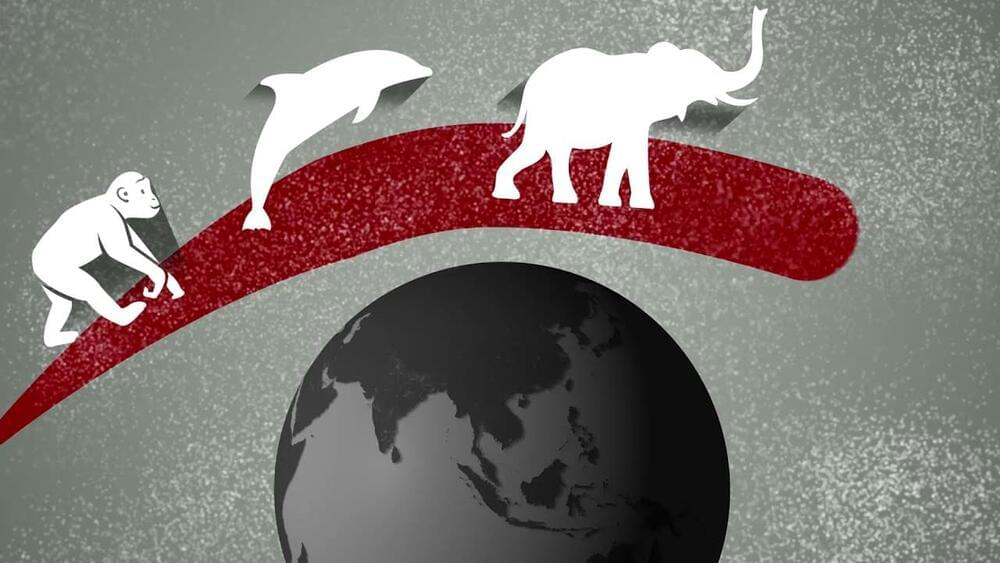Artificial intelligence is often thought of as disembodied: a mind like a program, floating in a digital void. But human minds are deeply intertwined with our bodies — and an experiment with virtual creatures performing tasks in simulated environments suggests that AI may benefit from having a mind-body setup.
Stanford scientists were curious about the physical-mental interplay in our own evolution from blobs to tool-using apes. Could it be that the brain is influenced by the capabilities of the body and vice versa? It has been suggested before — over a century ago, in fact — and certainly it’s obvious that with a grasping hand one learns more quickly to manipulate objects than with a less differentiated appendage.
It’s hard to know whether the same could be said for an AI, since their development is more structured. Yet the questions such a concept brings up are compelling: Could an AI better learn and adapt to the world if it has evolved to do so from the start?
